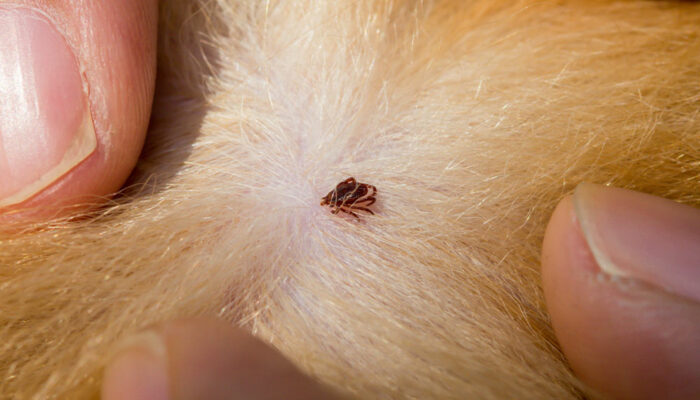
Warning Signs of Nasal Polyps
Polyps are soft and painless growths in the lining of the nasal passage. They are non-cancerous and develop in the inflamed tissue of the nasal mucosa, a wet layer that helps protect the insides of the nose and humidifies the air one breathes. During an allergy irritation or infection, the nasal mucosa swells up, reddens, and may produce fluid that drips out. Prolonged irritation may lead to the formation of polyps in the mucosa, and nasal polyps are common in adults. So, understanding the early warning signs of nasal polyps is important:
- Irritation and swelling
Irritation and swelling of the nasal lining passages and sinuses are some of the early warning signs of nasal polyps that can last over 12 weeks in chronic cases. Since they are soft and lack sensation, one may not be aware of polyps, but multiple large polyp growths may block nasal passages, leading to swelling and irritation. - Decreased or lack of sense of smell
Again, this can be caused by the blockage due to polyps, and the symptom may not improve despite treatment. - Persistently stuffy or blocked nose
This is definitely one of the early warning signs of nasal polyps and may lead to patients finding it difficult to breathe through the nose in some cases, causing sleep disorders like apnea. - Runny nose and postnasal drip
A runny nose may be a chronic condition where the patient may feel as if they are experiencing flu-like symptoms. Also, a constant feeling of mucus running down the back of the throat is another sign of nasal polyps. - Double vision
It is more likely to occur if the patient has allergic fungal sinusitis or cystic fibrosis. - Snoring
As the polyps grow, they tend to fill the entire nose and cause difficulty in breathing, also disturbing sleep. Sometimes, nasal polyps can cause heavy snoring as one breathes through the mouth. - Frequent nosebleeds
This symptom is a result of a broken blood vessel in the sinuses or nose owing to the heavy blowing of the nose. It can lead to nosebleeds but is not a cause for worry in most cases. - Pain in the upper teeth
Since the condition leads to inflammation of the nasal lining passage and sinuses, it may cause sinus toothaches. This happens since they are located in the cheek and nose area, right above the top teeth. - Nasal congestion
If polyps grow in size, they can block the nasal passage, resulting in nasal congestion.
The mentioned early warning signs of nasal polyps should not be ignored if they last for more than 10 days, and it’s best to consult a doctor in such cases. A physical examination can help the doctor make a diagnosis, and usually, medications are prescribed after the initial examination.



